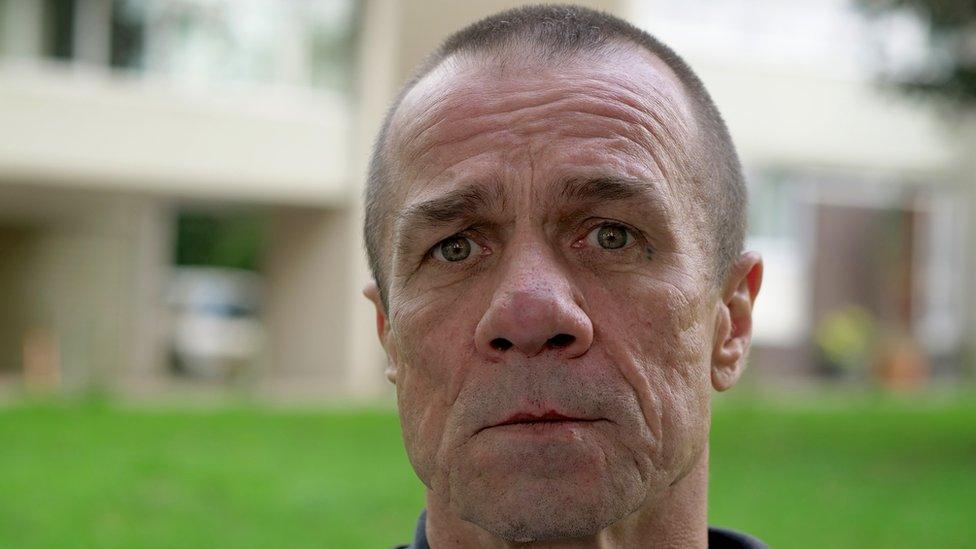Sharp rise in number of UK slaves being helped by Salvation Army
- Published
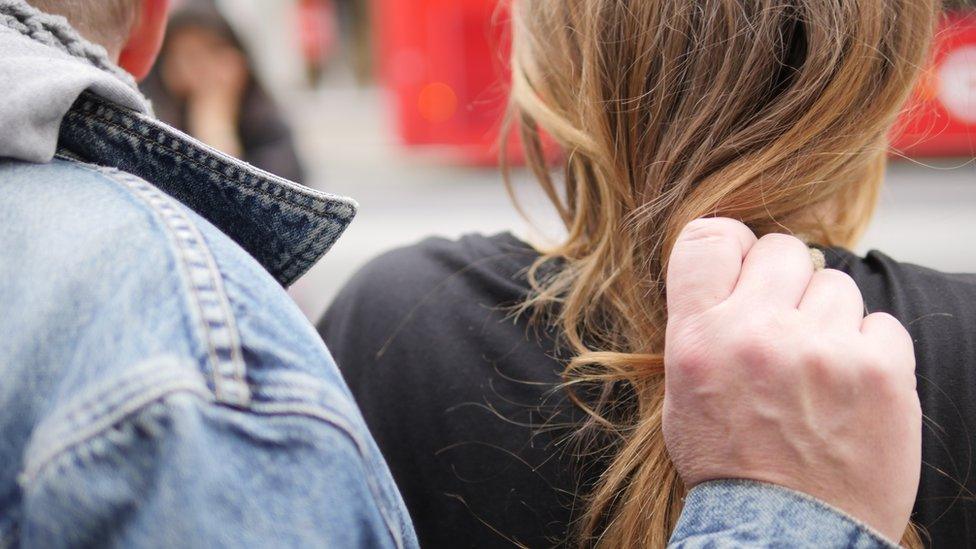
The Salvation Army is helping twice as many British victims of slavery compared with the previous year
The number of British people rescued from slavery and helped by the Salvation Army has more than doubled, according to the charity.
In its annual report it found the majority of the British referrals, some 136 people, were involved in county lines drug trafficking and farm work.
The homeless charity which has the government contract to help victims of forced exploitation said it had supported 9,975 victims since 2011.
London had the most survivors helped.
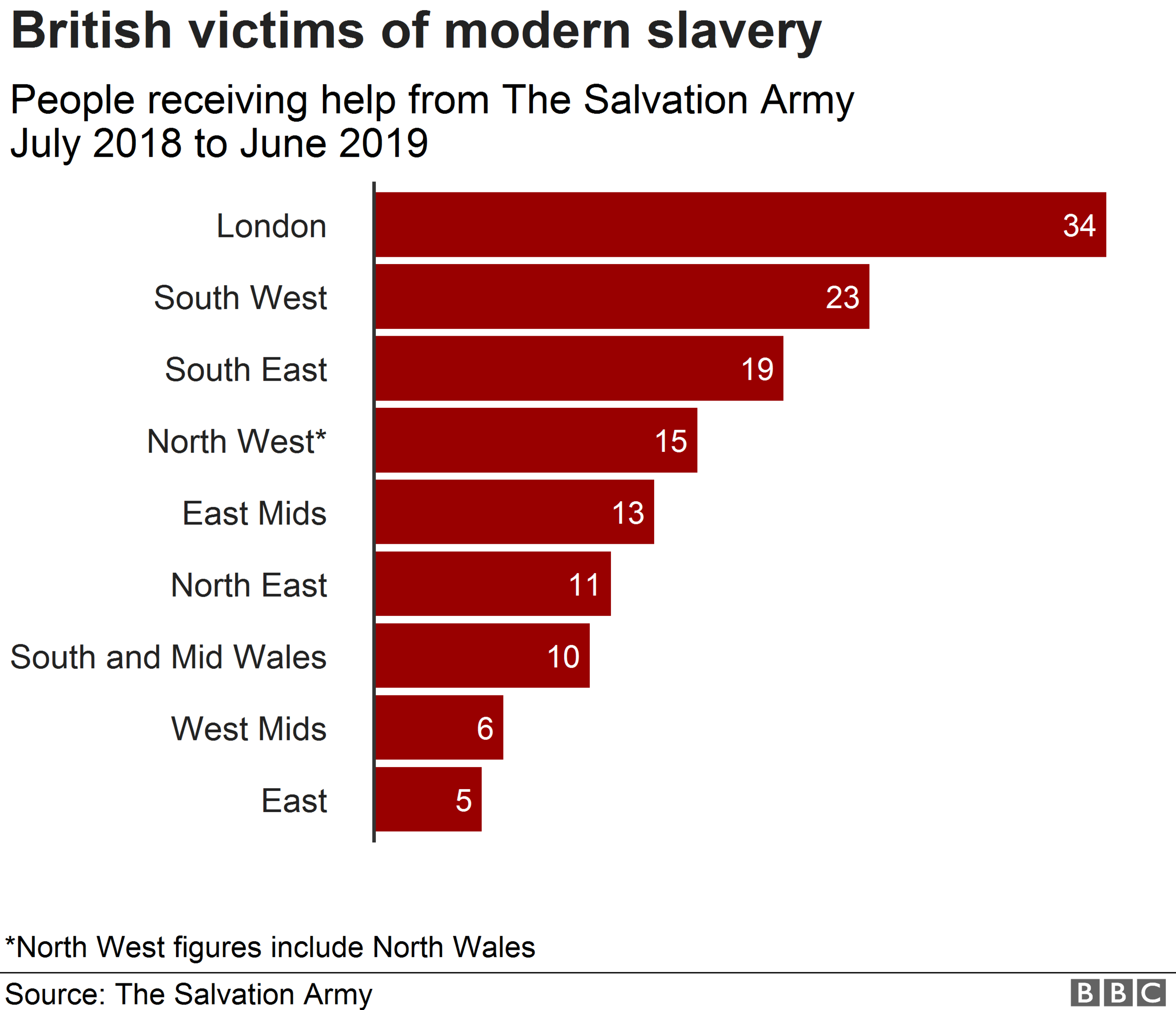
In the year to March 2019, police recorded 5,059 offences of modern slavery, almost 50 per cent up on the previous year.
Of the 136 British modern slavery survivors supported by the Salvation Army last year, 96 had been coerced into selling drugs, with some also forced into manual labour, such as farm work.
Thirty were sexually exploited, with nine trapped in domestic servitude.
They were aided by the charity's network of safe houses and outreach workers.
Britons featured fifth in a league table of survivors supported by the Salvation Army, with people from Albania - 535 - at the top of the table.
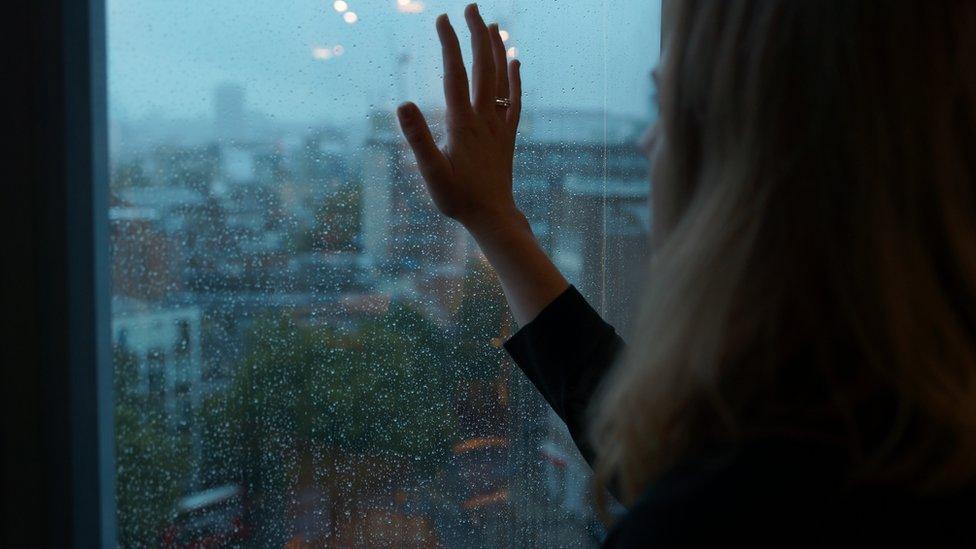
Albanian women were among the most exploited (picture posed for Salvation Army)
Between 2018 and 2019 overall numbers of victims in England and Wales rose by 21% to 2,251, the eighth consecutive rise in as many years.
They originated from 99 countries and, for the sixth year in a row, the highest number of women supported and who had been sexually exploited were also Albanian.
Vietnamese men featured highly in the report's tables, making up the largest number of males referred to the charity for the third year running.
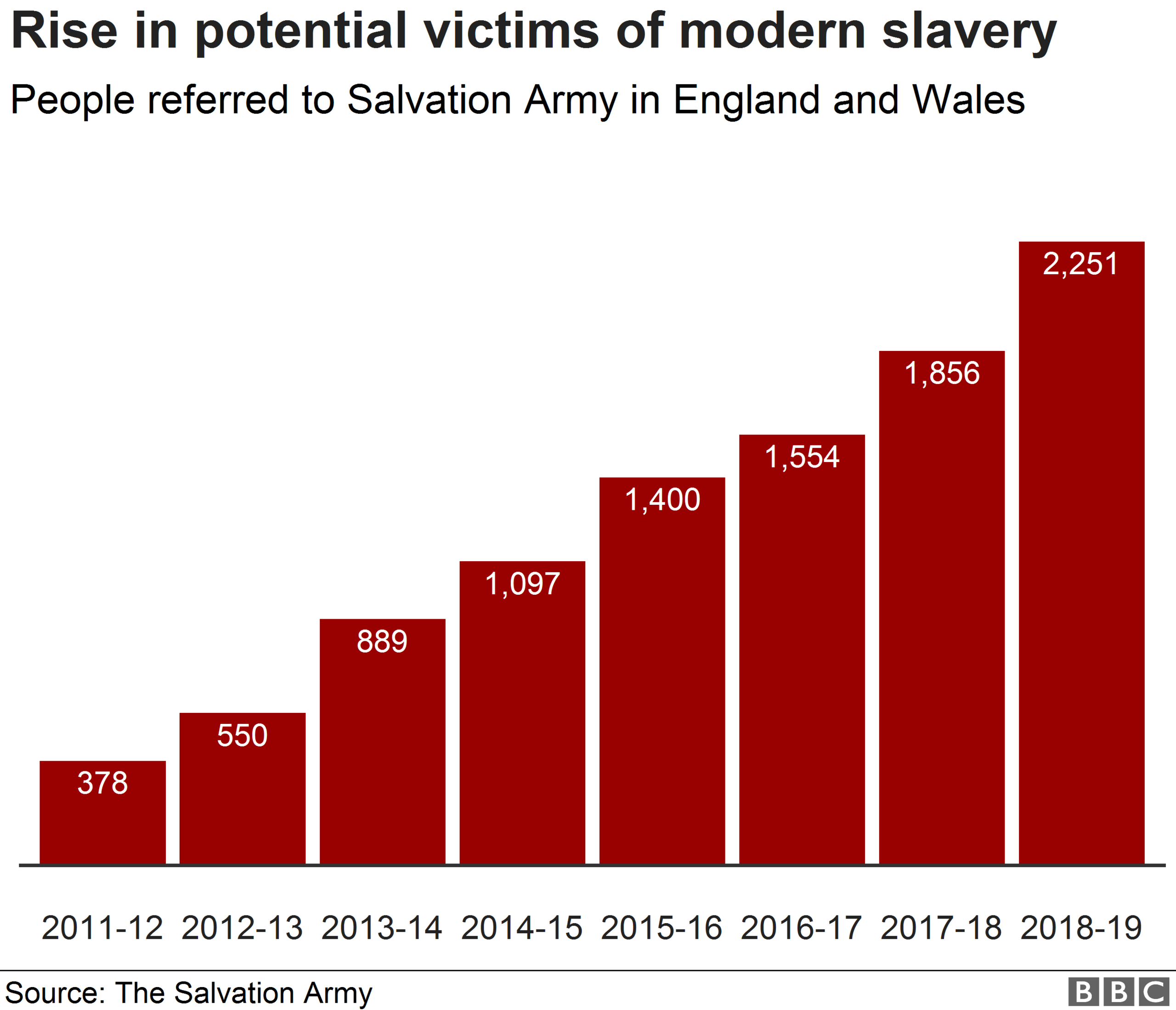
The Salvation Army said for the first year, China became the third most common country of origin for victims who benefitted from its help.
Overall it had seen a drop in the number of victims it supported coming from Europe, with Romanian and Polish referrals going down.
The number of people helped who originated from Nigeria had also declined.
Pregnant women made up 236 cases, while 475 people helped were then referred onto the asylum support service while awaiting asylum claim decisions.
The charity said 114 predominantly Chinese and Vietnamese nationals absconded or went missing in the past year.
Major Kathy Betteridge, of the Salvation Army, said: "It's appalling that anyone is forced to work as a slave, whether a British national or a victim from across the world.
"Our report shows that gangs target vulnerable people, often with mental health issues."

'Beaten and bloodied': Two former British slaves
M is a British man who was made homeless and had Asperger syndrome, a form of autism.
He was befriended by a family who offered him work and a place to stay in a caravan. M spent the next two years in appalling conditions, forced to work long hours picking up scrap metal for no pay and very little food. Beaten regularly, his ordeal ended when neighbours reported their concerns to the police who arrived at the yard to find M hiding, badly beaten and covered in blood.
J from the south east had the "best parents in the world", but developed a drug habit having started off on cannabis as a child before getting addicted to heroin and crack cocaine. Despite holding down a job he got into debt. With life spiralling out of control, he felt too ashamed and became homeless after spending some time in jail.
On the streets he met his traffickers. "They seemed like users, just like me. They treated me well and I thought they were OK. I didn't see the warning signs," he said, adding that matters escalated when they asked him to sell drugs for them.
He was forced to steal for them, including stealing from other dealers. "I really thought they might kill me. They were organised; kidnapped me, threatened me with a hammer. They get you to a point where you're so scared you go along with whatever they say."

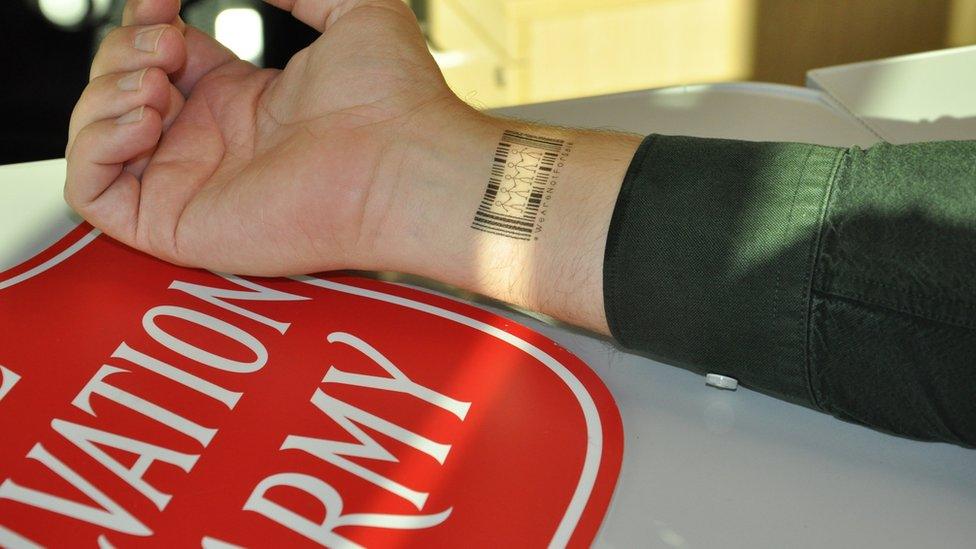
The charity has come up with a temporary barcode tattoo stating #WeAreNotForSale
- Published2 September 2019
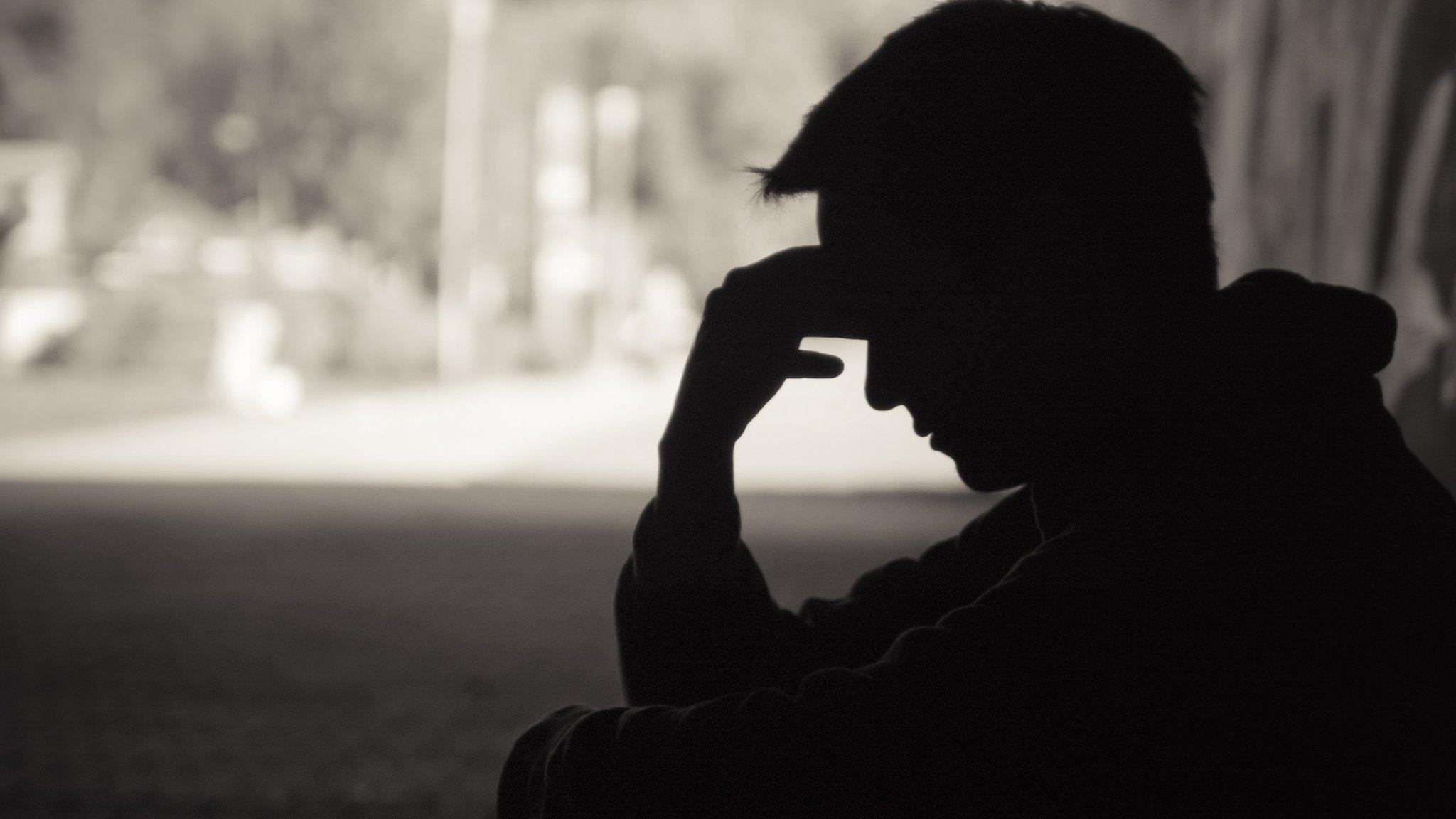
- Published19 September 2019
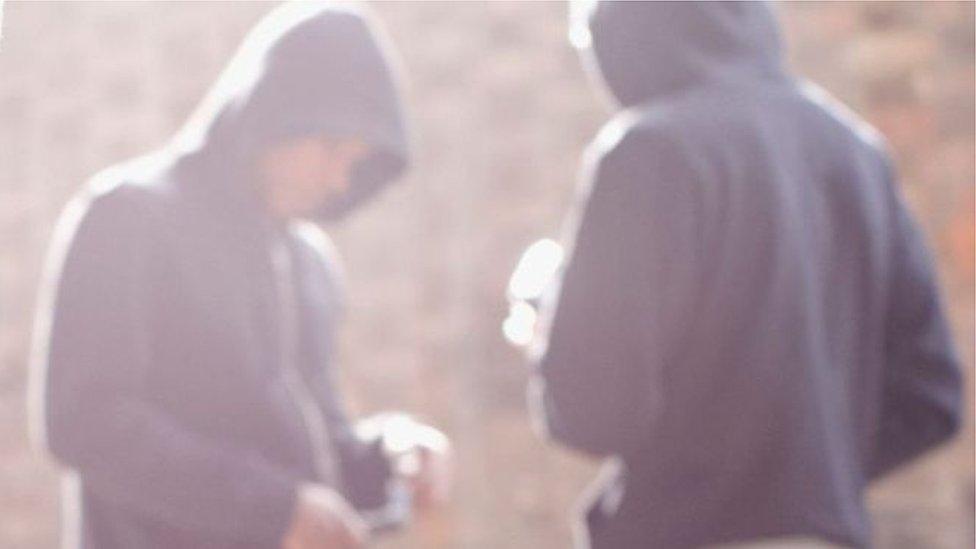
- Published5 July 2019
